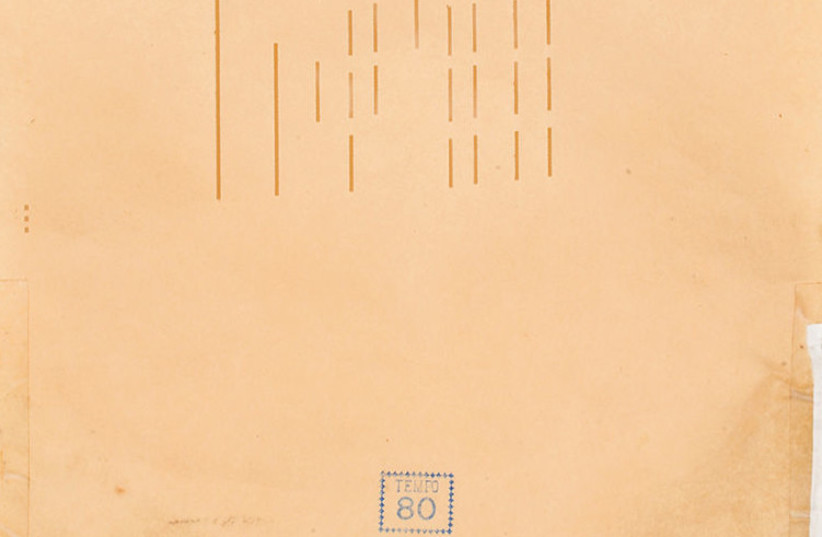A collection of approximately 25 items related to the story of Leo Frank are being put up for auction this month at Jerusalem's Kedem Auction House. Frank was an American Jew wrongfully convicted of murder in Georgia in 1915. He was subsequently imprisoned, and then kidnapped from prison and lynched.
Frank was born in Texas but spent his formative years in New York, graduating from Cornell University with an engineering degree in 1906. Four years later he married Lucille Selig and the couple moved to Atlanta where he took a position as the superintendent of the National Pencil Factory.
In April 1913, Frank was accused and convicted of the murder of 13-year-old Mary Phagan, an employee at the factory. He was given the death penalty.
The police investigation was significantly muddied by anti-Northern sentiment as well as antisemitism. According to the Brandeis University Library Archives website, "the trial was widely considered a mockery of justice, with crowds shouting 'hang the Jew' outside the courtroom."
Georgia's governor, John Slaton, commuted Frank's sentence to life in prison in August following the murder. Unfortunately, a few days after the sentence was announced, a mob broke into the prison where Frank was being held, kidnapped him and hanged him.
The trial and its gruesome end were heavily covered by the press and the whole affair is very well documented in the correspondences of Leo and Lucille Frank with friends, family and others.
"A toxic mixture of hatreds – racism, antisemitism, tensions between disparate socioeconomic groups, mutual loathing between 'traditional Southerners' and 'progressive Yankees' from the North – was brought to bear, and Frank's brutal lynching was the tragic result. It is a grim reminder of America's past that, however, must be remembered", says Meron Eren, CEO and co-founder of Kedem Auction House.

The collection up for auction includes a postcard with a photograph showing Frank's hanged body; a piano roll for a player piano, with the melody of a ballad written about the murder; extensive legal correspondence dating from the 1980s regarding the struggle led by the Anti-Defamation League to exonerate Frank.
